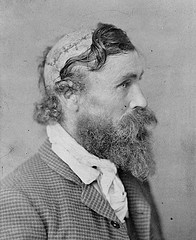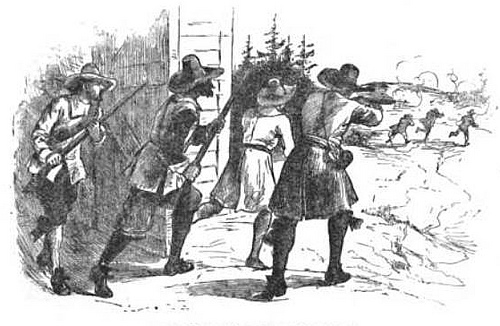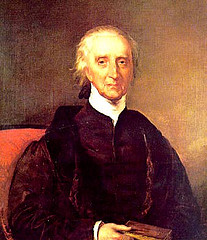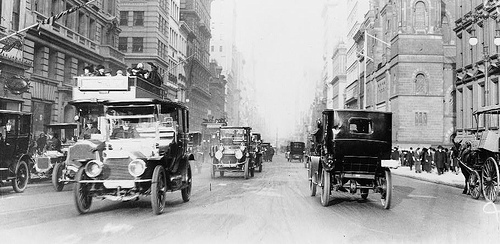During the siege of Paris, the city’s starving populace ate its horses, dogs, and cats, and eventually even turned to rats and zoo animals. In Paris in Its Splendor (1900), Eustace Reynolds-Ball gives the menu of a popular restaurant in the Latin Quarter at the beginning of January 1871, “which gives a good idea of the gastronomic straits to which the light-hearted Parisians were reduced”:
- Consommé de Cheval au millet.
- Brochettes de foie de Chien à la maître d’hôtel.
- Emincé de rable de Chat. Sauce mayonnaise.
- Epaules et filets de Chien braisés. Sauce aux tomates.
- Civet de Chat aux Champignons.
- Côtelettes de Chien aux petits pois.
- Salmis de Rats. Sauce Robert.
- Gigots de chien flanqués de ratons. Sauce poivrade.
- Begonias au jus.
- Plum-pudding au rhum et à la Moelle de Cheval.
See also Balloon Mail.






